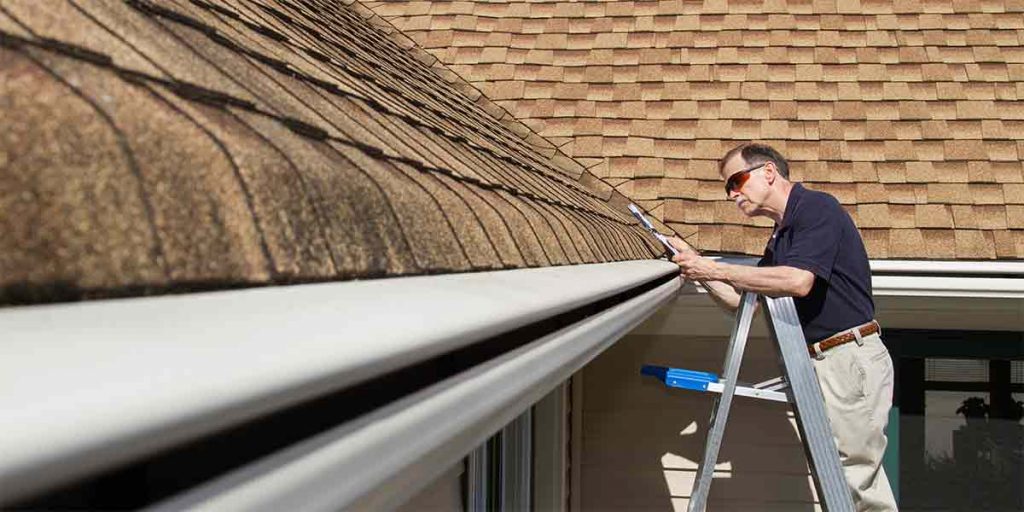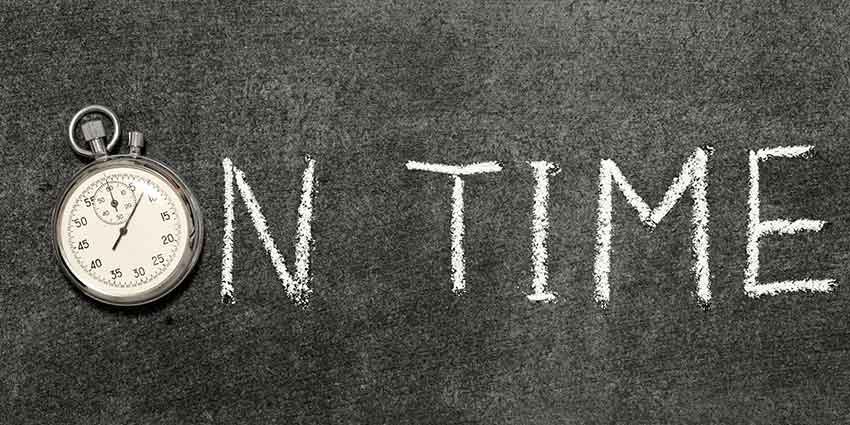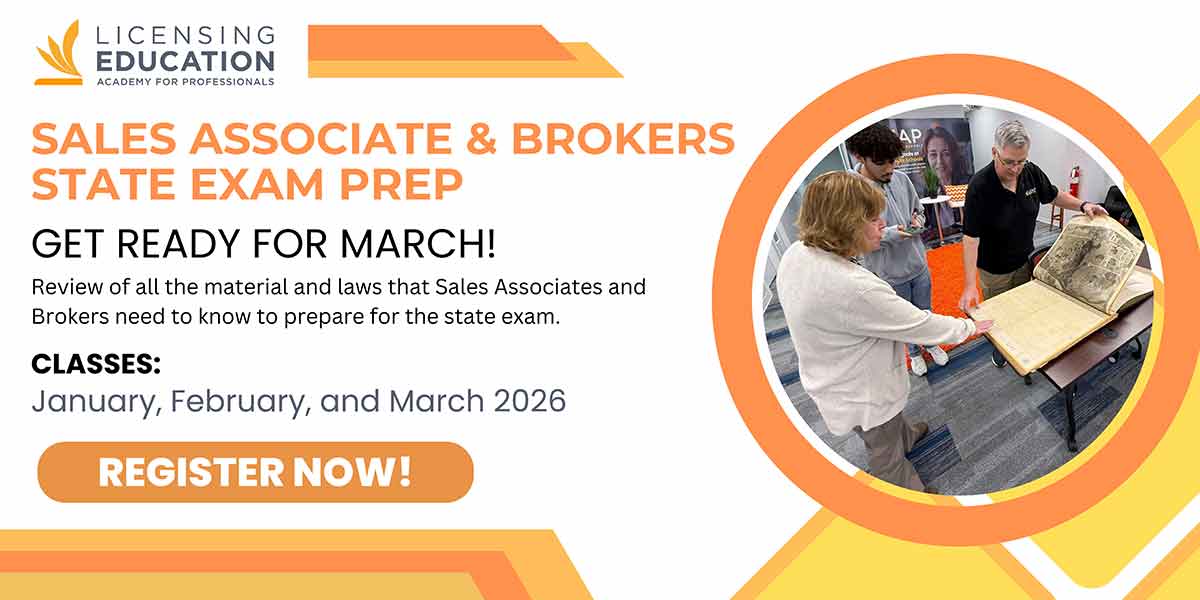Starting a career as a home inspector in Florida requires obtaining a Florida home inspector license. This license is a legal requirement to conduct home inspections within the state.
The licensing process involves several steps, including education, examinations, and background checks. The Florida Department of Business and Professional Regulation (DBPR) oversees it.
This guide will provide a step-by-step walkthrough of the process. It aims to help aspiring home inspectors navigate the licensing requirements and start their careers.
This guide can help you become a licensed home inspector in Florida. Useful for trade professionals, real estate fans, or anyone considering a career change.
Understanding the Florida Home Inspector License Requirements
To become a licensed home inspector in Florida, you must meet specific requirements. The DBPR regulates the process.
Here are the main requirements:
- Complete a 120-hour pre-licensing course.
- Pass the National Home Inspector Examination or an equivalent.
- Submit fingerprints for a background check.
- Obtain liability insurance.
Candidates should ensure they satisfy every requirement before applying. Orlando FL is a significant market for inspectors, and understanding local needs is beneficial.
Starting a career in home inspection requires adhering to these regulations. Proper preparation and knowledge are key for a successful application.
Step-by-Step Guide to Obtaining Your License
Embarking on a career as a home inspector in Florida demands following several critical steps. This guide aims to simplify the licensing journey.
Firstly, prioritize completing your education. Enrolling in a state-approved course is essential. LEAP Academy is one option to consider.
Next, passing an examination is non-negotiable. You can opt for the National Home Inspector Exam or a Florida equivalent.
Background checks are the next step. Applicants must submit fingerprints for this purpose.
Having liability insurance is also crucial. This protects your interests as a licensed professional.
Finally, you can submit your license application through the DBPR. Ensure all documentation is precise to prevent delays.
Here’s a brief checklist to guide you:
- Complete a 120-hour pre-licensing course.
- Pass the required exam.
- Undergo a background check.
- Obtain liability insurance.
- Submit your application to the DBPR.
Complete the Required Education
A solid educational foundation is crucial. The state mandates 120 hours of coursework. Institutions like LEAP Academy offer these comprehensive programs. They provide the knowledge necessary for your career.
Pass the Necessary Examinations
The examination is a major milestone. You must pass either the National Home Inspector Exam or an equivalent. Preparing thoroughly is essential. Focus on understanding both technical and regulatory aspects.
Submit to Background Checks and Fingerprinting
Background checks are mandatory for all applicants. This process involves fingerprint submission. Fingerprinting helps ensure professional integrity. A step that keeps the industry trustworthy exists.
Obtain Liability Insurance
Liability insurance is a necessity for home inspectors. It provides vital protection against unexpected claims. Securing insurance demonstrates professionalism. A critical safeguard exists in your practice.
Apply for the Florida Home Inspector License
With all steps completed, it’s time to apply. Submit your application to the DBPR. Make sure you meet every requirement. Accurate documentation helps avoid processing delays.
Maintaining and Advancing Your Home Inspector Career
Sustaining and enhancing your home inspection career requires dedication. You need to put in effort to stay updated and expand your expertise.
Continuing education is vital. It keeps you informed about current practices and standards in the industry.
Engaging with peers through networking is equally important. It opens opportunities and provides valuable insights.
Key actions to take:
- Attend workshops or seminars.
- Participate in professional organizations.
- Stay informed about industry trends.
Continuing Education and License Renewal
Your Florida home inspector license must be renewed biennially. Engage in continuous learning to maintain your credentials.
Renewal mandates completing ongoing education. This keeps your skills relevant and sharp.
Networking and Professional Development
Networking enhances professional growth. It connects you with industry experts. Join local and national associations. Opportunities for mentorship and collaboration can arise from these connections.
Conclusion: Launching Your Home Inspection Career in Florida
Begin your Florida home inspection career with confidence. Follow the steps and seize the opportunities in this thriving market.






